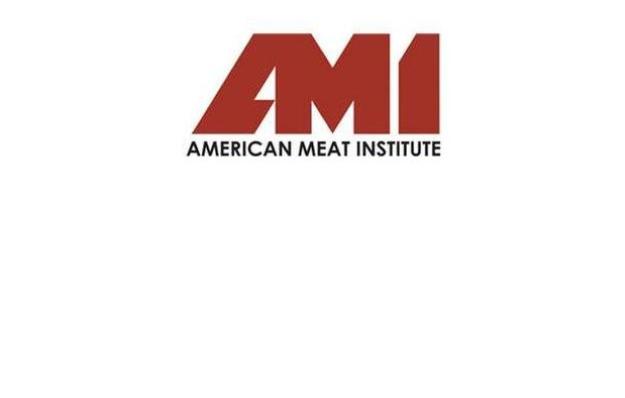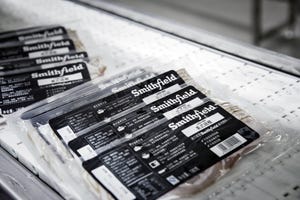July 9, 2013

A group of eight meat and livestock groups led by the American Meat Institute (AMI) have filed suit in the United States District Court for the District of Columbia to block implementation of a mandatory country-of-origin labeling (COOL) rule finalized by the U.S. Department of Agriculture in May 2013.
In their complaint, the meat and livestock organizations explained that the final rule violates the U.S. Constitution by compelling speech in the form of costly and detailed labels on meat products that do not directly advance a government interest.
In addition, the organizations explained that the 2013 regulation exceeds the scope of the statutory mandate, because the statute does not permit the kind of detailed and onerous labeling requirements the final rule puts in place, and that the rule is arbitrary and capricious, because it imposes vast burdens on the industry with little to no countervailing benefit.
In addition to AMI, plaintiffs include the American Association of Meat Processors, Canadian Cattlemen’s Association, Canadian Pork Council, National Cattlemen’s Beef Association, National Pork Producers Council, North American Meat Association and Southwest Meat Association.
Like what you’re reading? Subscribe to the National Hog Farmer Weekly Preview newsletter and get the latest news delivered right to your inbox every week!
In the complaint, the organizations explained that the new and complex COOL required for meat and poultry sold at retail constitute “compelled speech.” Under the U.S. Constitution, commercial speech may be compelled only where it serves a substantial government interest – for example, if the compelled speech is aimed at preventing the spread of a contagious disease.
Because these labels offer no food safety or public health benefit, yet impose costs the government modestly estimates at $192 million, the government cannot require them.
“Congress mandated country-of-origin labeling for meat and poultry – not lifetime itinerary labeling,” says AMI’s Mark Dopp. “Segregating and tracking animals according to the countries where production steps occurred and detailing that information on a label may be a bureaucrat’s paperwork fantasy, but the labels that result will serve only to confuse consumers, raise the prices they pay, and put some producers and meat and poultry companies out of business in the process. Everyone loses under this rule.”
In announcing the action, the groups today held a press conference via webinar that was attended by nearly 20 members of the media.
You might also like:
Pork Exports Still Down, but Domestic Consumption Shows Strength
New Data Tracking Helps Identify Top Production
10 Tips for Young Pork Producers
You May Also Like


